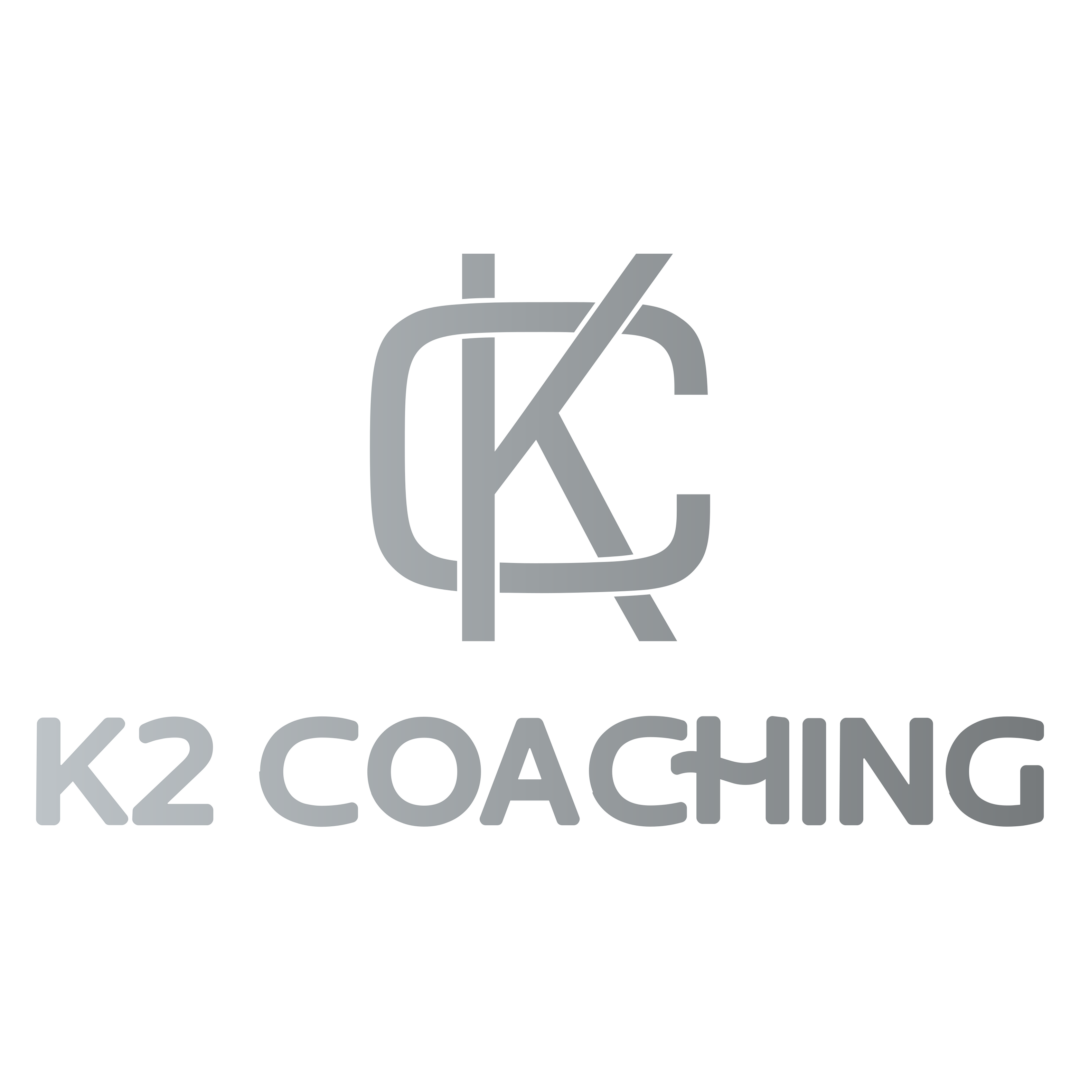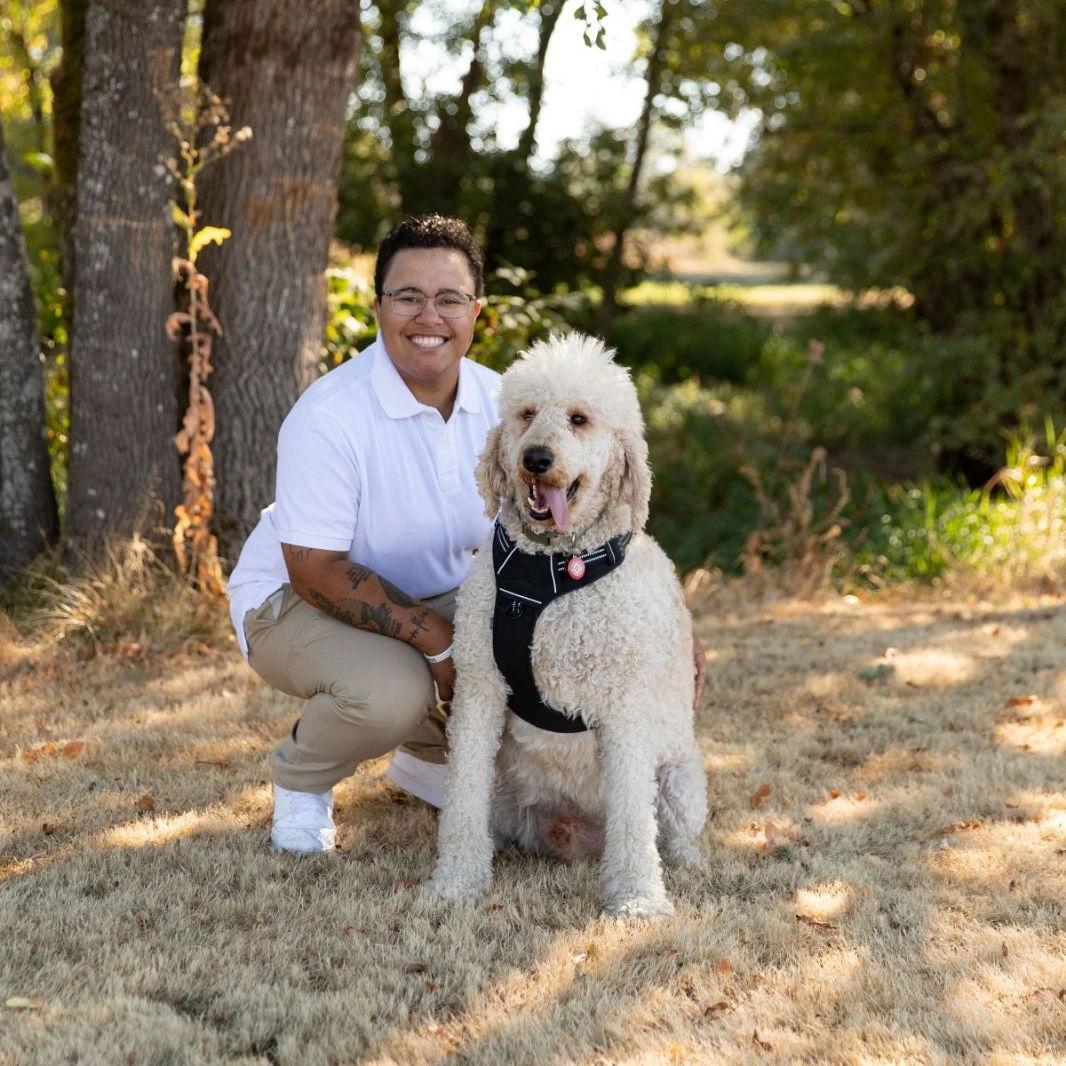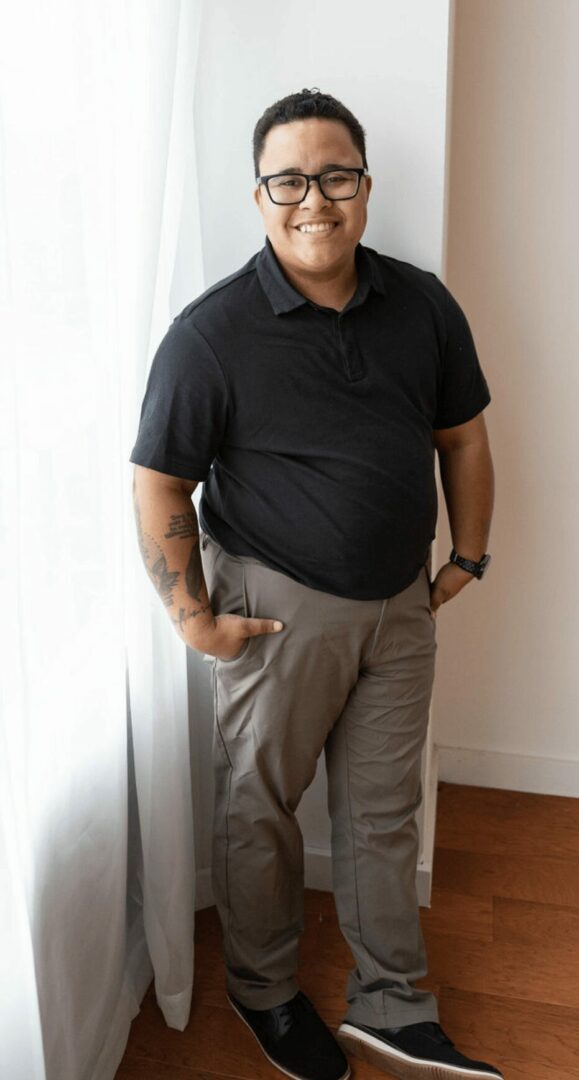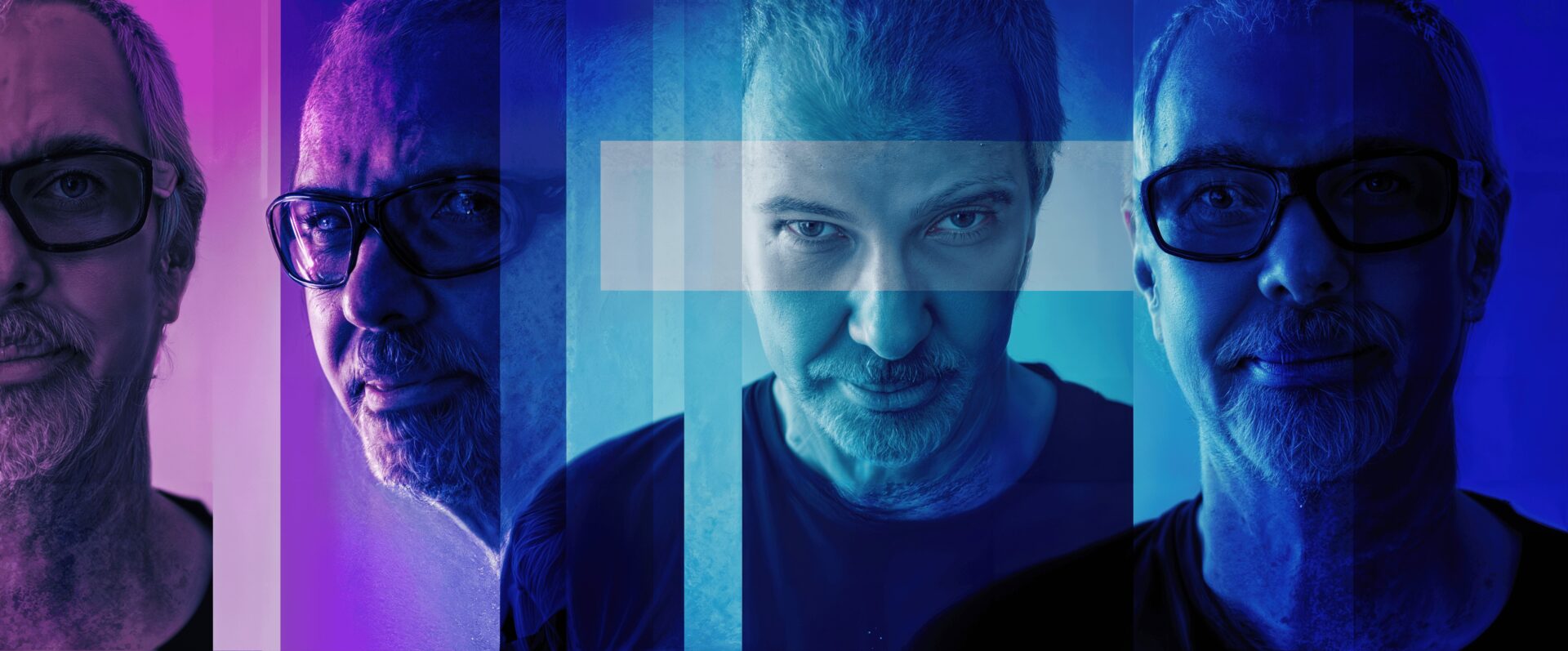We recently connected with Key Dickey and have shared our conversation below.
Key , thank you so much for joining us today. Let’s jump right into something we’re really interested in hearing about from you – being the only one in the room. So many of us find ourselves as the only woman in the room, the only immigrant or the only artist in the room, etc. Can you talk to us about how you have learned to be effective and successful in situations where you are the only one in the room like you?
As a Black and queer human being living in a rural area for most of my life that is filled with predominantly Caucasian individuals and families, it has been quite normal for me to be the only one in a room that looks or identifies how I do. I grew up playing competitive and traveling sports in Oregon starting around third grade. From third grade to the time I finished playing sports when I graduated high school, I can count the number of other Black athletes on my teams on one hand through all of those years of year-round sports. I was a young age when I learned to be successful and effective when nobody around me resembled my dark skin, course curly hair, and “tomboy-like” style. I grew up with my mother’s side of the family, and all but two of my same-aged cousins were Caucasian. Even to this day, as a 28-year-old, it still feels odd when I look around a room and cannot find someone who looks like me. It makes me curious about what other people who have this experience feel like in those moments, or how they handle those situations where they are the underrepresented person in the room, space, or on the team.
I have learned that despite the differences or similarities I have with those around me, I can always be myself. I have learned to wear my passions on my shoulder and communicate effectively with people who look and identify differently than me. This took practice as a kid and young adult as I got into the early stages of my career. Once I opened my own business, I had the freedom to expand my services and begin contracting with and collaborating with diverse agencies, especially those that serve underrepresented and underserved populations in my state and local community. Learning more about my own culture and the culture of others has opened my mind to new possibilities and outcomes. I have learned through the years to “meet people where they are at” and always approach people with a trauma-informed perpsective.

Thanks, so before we move on maybe you can share a bit more about yourself?
Over the last ten years, I have been serving at risk youth and young adults struggling with their mental and behavioral health. I have led programs such as inpatient and treatment foster care, and in recent years I opened my own business. K2 Coaching LLC is a small business that I own and operate and am constantly looking for ways to expand its reach and business. The business initially focused on leadership development for leaders in fields like human services, education, justice, and healthcare. As a new business owner, I wasn’t sure of how it all worked and didn’t want to overstretch myself while I still had a full-time job while running business on the side. However, I quickly realized I had boxed myself in and wasn’t doing business in ways that fuels my passion for supporting others.
In early 2024, I expanded my business to reach more people and agencies by providing more services to those in need. I offer coaching, consulting, training, and team building for professional development and other matters relevant to my skills and experience. I hold contracts to support therapeutic foster care agencies in Oregon with crisis prevention and intervention to ensure foster parents and agency staff are supporting youth in crisis in ways that are trauma-informed and collaborative. I also hold contracts to do parent coaching to help underserved parents navigate systems in Oregon. I have held a number of trainings relevant to humans-serving-humans roles.
What has been most exciting about being a business owner and operator has been the people I have had the opportunity to meet and collaborate with. It has really expanded my understanding of various cultures and added to my knowledge around my specialties and passions. It has given me ideas that I would like to pursue when I am in the right place and time to further support youth and young adults, especially those who identify diversely.

If you had to pick three qualities that are most important to develop, which three would you say matter most?
One of the most impactful skills and qualities I have developed over my life has been open communication. Being able to communicate with people in ways that works for them has been so important in the field I work in and operate my business in. As a leader, and a business owner, I have had to develop confidence in my ability to communicate effectively with people I don’t know and people I am leading or coaching professionally. This has opened many doors for me, my ability to talk highly of the skills that I hold while still remaining humble and recognizing my areas for growth and opportunities.
Another important factor in my success so far in my journey has been collaboration. It is beyond important as a leader and business operator to be able to collaborate with people even if you hold different perspectives and goals. It has been awesome to see how far other people’s perspectives can allow me to take mine and challenge my perspectives that may not be the most well-rounded or up-to-date. I value learning from other people and I think that plays into a lot of my growth over the years.
And finally, one of the most impactful qualities, skills, and knowledge that has shaped my journey and how I meet others where they are at is an understanding of trauma-informed approaches. I may not ever know everything there is to know about leadership, how to have tough conversations, or navigating systems, but one thing I am good at is approaching people who have been through rough and traumatic times. Understanding that everyone experiences situations differently than me even if I want to assume we experienced the same exact scenario, it may impact them differently. I have learned, over the years of working in environments where secondary traumatic stress is rampant, that I have to approach those that I lead and interact with in a mindful and calm way to ensure that I am respecting their experiences of trauma and how that has impacted their sense of safety in the environment we are in.
For those of you who are early on in your journeys, my recommendations would be to learn more about effective communication in the field you are in. Especially if you have goals of being a leader or being in the field long-term and modeling by example. I would also recommend practicing asking for feedback from those that are important to you, if you can learn not to take feedback personal from those who you care about deeply, it will be easier to not take feedback personally in your profession.

How would you describe your ideal client?
Through my business, my ideal client would be an individual or team hoping to grow professionally in order to better serve their clients or the population they support. People who are open to collaborating on goals or already have goals in mind of how I could support them. I am open to supporting people, teams, and agencies all over the United States.
Some characteristics would be people or leaders who are open to feedback and moving towards growth, leaders and people who can engage in tough conversations about opportunities for growth, and teams and people who have a goal of improving the lives of others.
Contact Info:
- Website: https://k2coach.org
- Instagram: @k2coachingllc
- Linkedin: https://www.linkedin.com/in/key-dickey-109b4a21a
- Yelp: K2 Coaching

Image Credits
@hannahraephotography_
so if you or someone you know deserves recognition please let us know here.




